In a stunning reversal, OpenAI has abandoned its controversial plan to become fully for-profit, announcing that its nonprofit arm will retain control of the company's operations. This decision comes after months of mounting pressure from multiple fronts, including a high-profile lawsuit from Elon Musk and opposition from former employees, Nobel laureates, and legal experts.
"We made the decision for the nonprofit to retain control of OpenAI after hearing from civic leaders and engaging in constructive dialogue with the offices of the Attorney General of Delaware and the Attorney General of California," the company stated in a blog post.
While OpenAI will still transform its for-profit subsidiary into a Public Benefit Corporation, the nonprofit will remain in control and become a major shareholder. This structure aims to balance profit-seeking with social responsibility as AI development accelerates.
CEO Sam Altman, who previously argued the company needed a for-profit structure to raise billions for AI development, now emphasizes OpenAI's unique identity:
"OpenAI is not a normal company and never will be".
This decision represents a significant victory for those concerned about AI governance and safety. By keeping the nonprofit in control, OpenAI signals its commitment to developing artificial general intelligence that benefits humanity rather than solely maximizing investor returns. In an era of rapid AI advancement, this governance model could set a crucial precedent for responsible innovation.



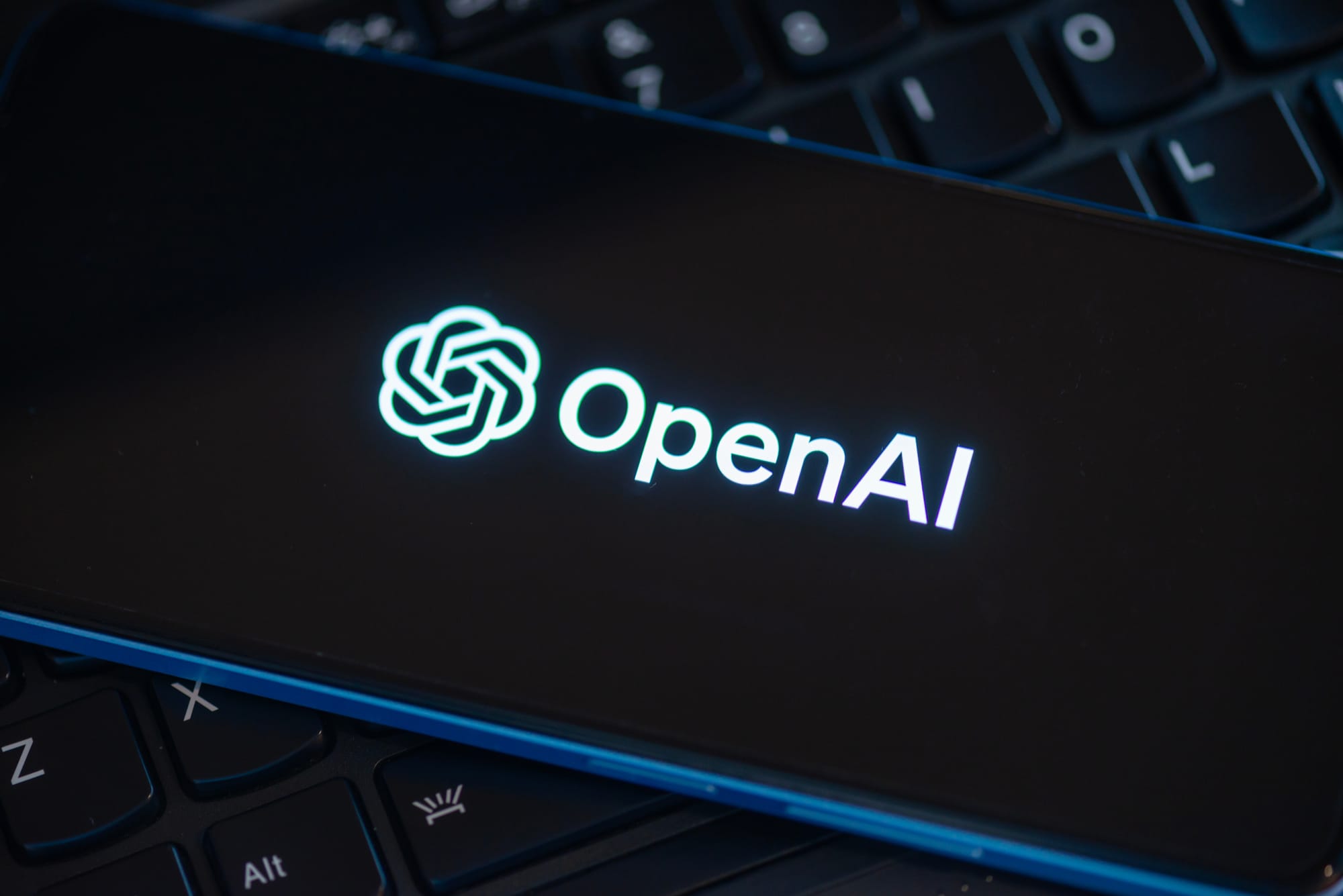
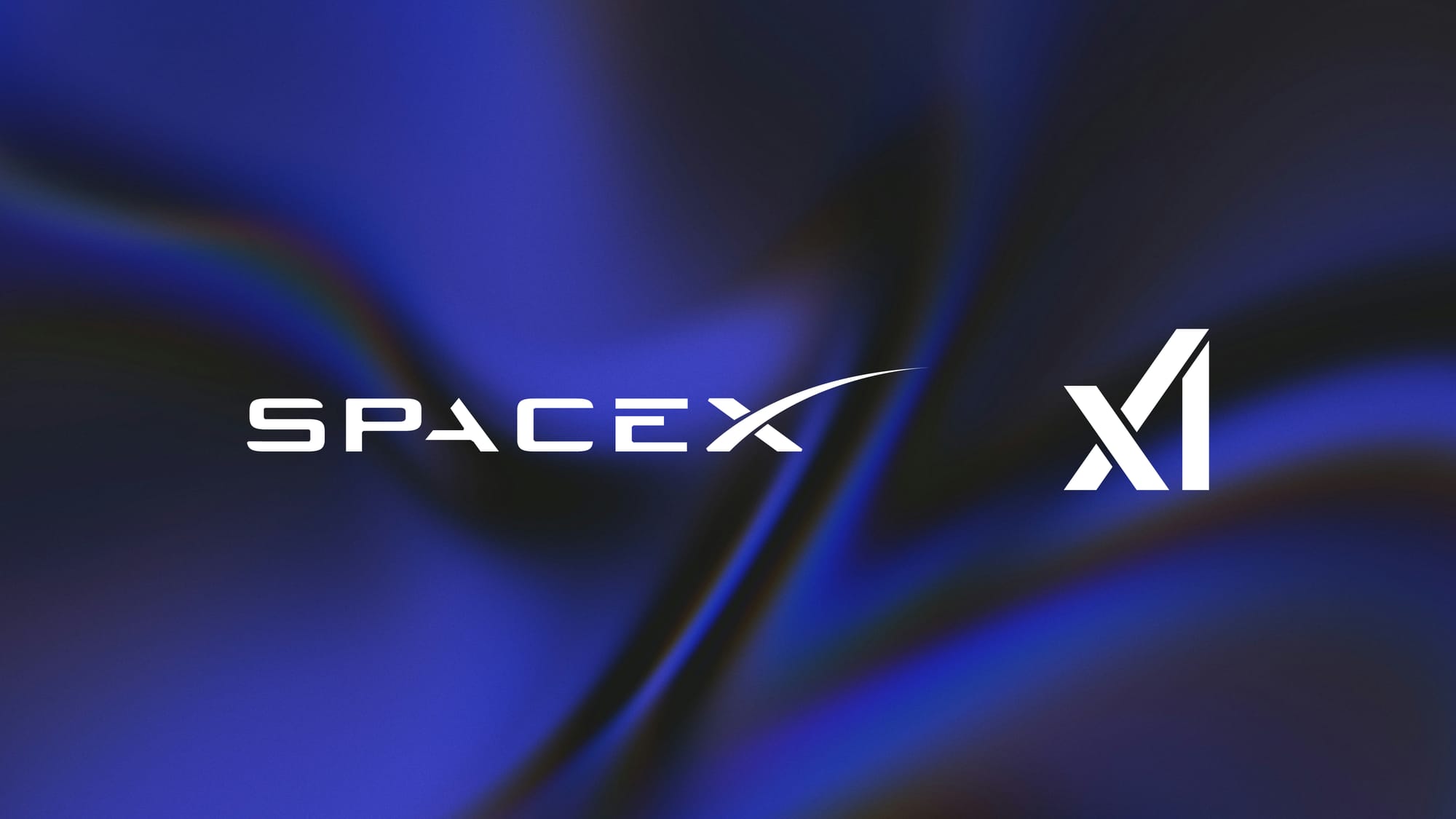




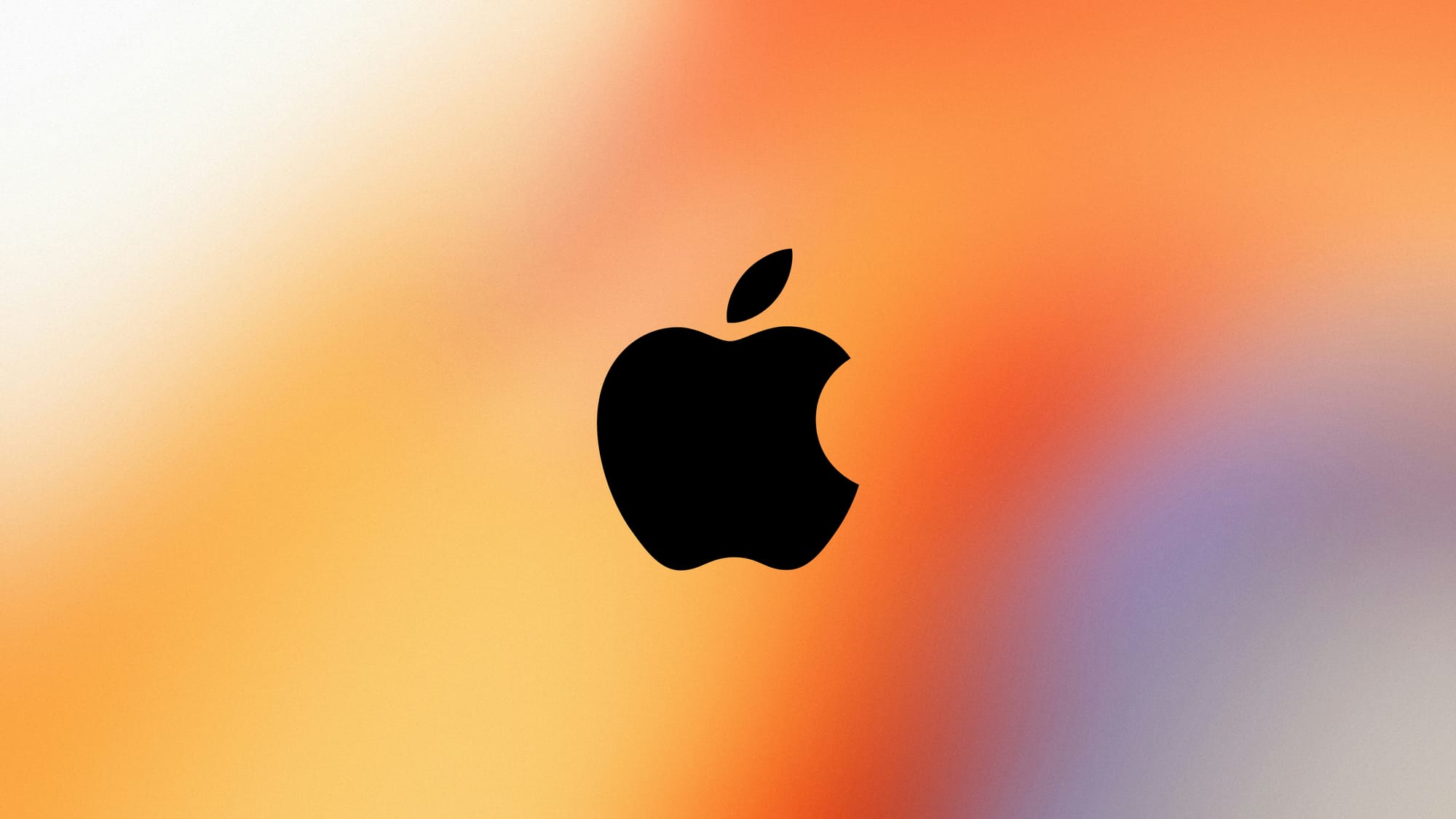
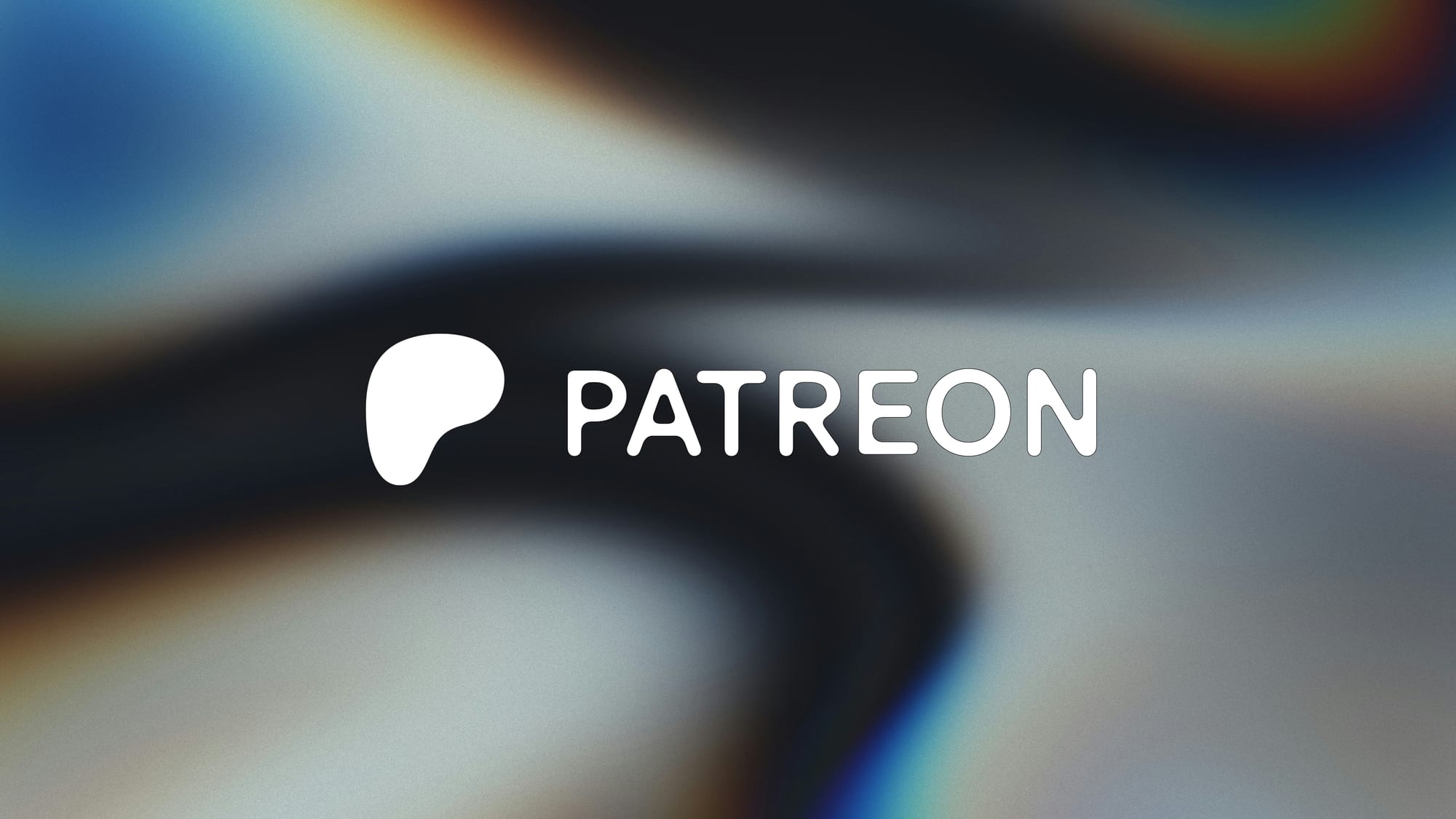
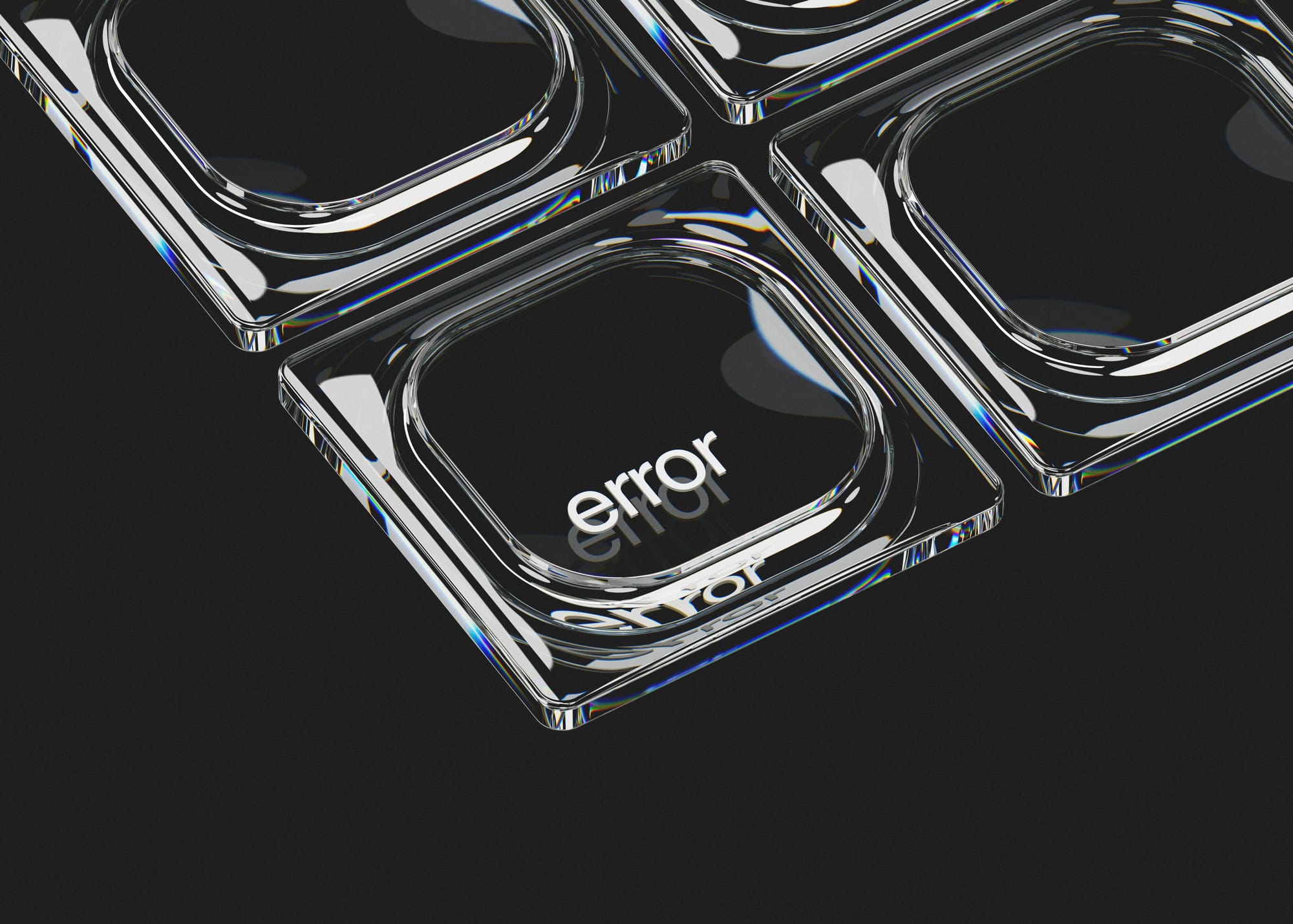


Discussion